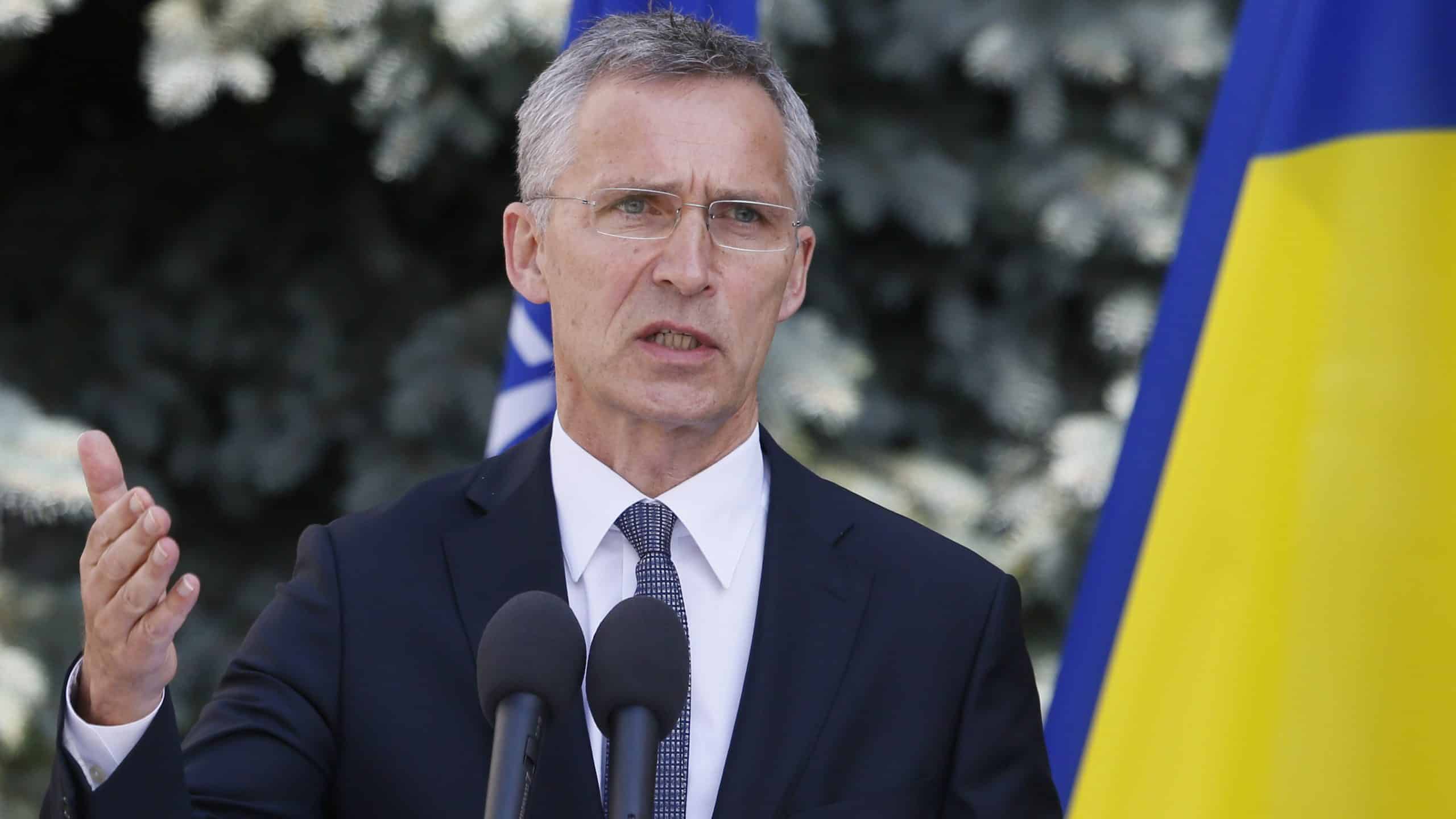NATO country leaders discuss the possibility of excluding Hungary from the NATO summit due to the refusal of its president to participate in the meeting in Riga. This issue has sparked a lot of discussions and speculations. Latvian Minister of Foreign Affairs Edgars Rinkevics emphasized the need for a coordinated approach to support Ukraine, despite the absence of Hungarian leader Tamas Szüllő at the Bucharest Nine summit.
This group includes Bulgaria, Czech Republic, Estonia, Hungary, Latvia, Lithuania, Poland, Romania, and Slovakia.
In addition to Hungary, Slovakia was also absent from the summit. President Zuzana Caputova canceled her visit to Riga at the last minute as her term in office is coming to an end. Furthermore, Slovak Prime Minister Robert Fico is currently recovering from an assassination attempt, which also affected their absence.
Rinkevics emphasized that the most important thing is for NATO countries to have a more coordinated approach to support Ukraine ahead of the Washington summit. He also noted that strengthening alliance capabilities remains a top priority.
NATO Summit in Washington: Key Issues
The next NATO summit is scheduled for July 9-11 in Washington. According to NATO Military Committee Chairman Admiral Rob Bauer, Alliance leaders will discuss three key issues regarding Ukraine:
- Ukraine’s path to NATO membership. This includes considering a “mission” to assist Ukraine in its aspirations to become part of the alliance.
- Financing military assistance to Ukraine. Ways to ensure reliable and stable support for Ukraine in military terms will be discussed.
- Establishment of a joint analytical and training center in Poland. This center is aimed at improving coordination and effectiveness of training and analytical work.
Additional Information
The absence of Hungary and Slovakia at the summit has sparked much discussion in the media and among political analysts. Some believe this may be a tactical maneuver to achieve certain political goals, while others emphasize the importance of coordinated actions in support of Ukraine.
At the same time, Hungary is not the first to take a position that causes concern among its NATO partners. Refusal to participate in important meetings could affect its relations with other alliance members and raise doubts about its commitment to common goals.
The summit in Washington will be a crucial stage in the development of NATO’s strategy towards Ukraine, and its outcomes could have a significant impact on the course of the war and the political situation in the region.


